Caregiving 101: What Does My Senior Need?

Welcome to ACE Senior Care Navigators’ FIRST blog post! We’re excited to bring you content on topics from across the Senior care landscape to help guide you in navigating your loved one’s care. Read on to get started with our first topic: Caregiving. And if you have topics you’d like us to address, we’d love to hear from you. Just email us at info@aceseniorcare.com.
Home care assistance: Where do I start?
Well, start by thinking about what led you to consider a caregiver for your Senior in the first place. Things like:
- Did they have a fall?
- Were you worried they weren’t eating enough?
- Did they not take their medication correctly?
Think about what other family members and friends have mentioned as their worries about your loved one. Laying out your concerns will help you prioritize how to best utilize a caregiver’s help.
It’s good to go through a Senior’s typical day, starting from the time they wake up and going through a full 24-hour cycle. Ask yourself:
- Are there things they aren’t doing because it is too difficult?
- What about the things they are doing, but with safety risks?
- What kinds of things are they currently getting help with?
Family members, friends, and neighbors often serve as unpaid caregivers to Seniors, and wanting to reduce this workload is a common reason many families look into hiring a caregiver.
You also want to go through a list of typical daily activities and consider what your Senior may need support with:
- Basic activities (getting dressed, using the toilet, etc.)
- Higher-level activities (housekeeping, cooking)
- Errands and appointments
- Leisure activities (psst, if the only thing your Senior does for fun is watch TV, it’s time to consider how a caregiver can improve their quality of life).
Listening to your Senior
Lastly, listen to what your Senior has to say about their current daily routine and living situation – and read between the lines. Seniors are not likely to share specifically what they are struggling with in their daily routine. It’s hard to admit that something is “wrong.” So asking them directly if they are struggling is likely to be met with “Everything is fine, I don’t need help, stop worrying about me!”
Pointing out specific challenges you notice (“Mom, didn’t you wear that outfit yesterday?”) can put Seniors on the defensive and shut down a conversation about caregiving before it even starts. Instead, put on your detective hat and pay attention to what your Senior says in everyday conversation that may indicate more help is needed. If they mention that they missed their Zoom book club meeting, for example, consider why that may have happened: Did they struggle to get out of bed on time? Was the book on their nightstand and it was too much effort to go upstairs to get it? Were they having trouble manipulating their computer charger? Pay attention, and your Seniors words and actions will give you clues about areas in which they may need support.
I’ve got what they need, now how do I schedule it?
Stay tuned for our next blog post on caregiving schedules! And if there’s anything you need in the meantime, don’t hesitate to reach out today.
PS If you’re interested in learning more about caregiving, we are hosting a FREE webinar, Professional Caregiving: Getting the Right Care for your Senior, on Wednesday. February 16, from 7-8pm CST. Check out the flier below, and register here: shorturl.at/auGJL




